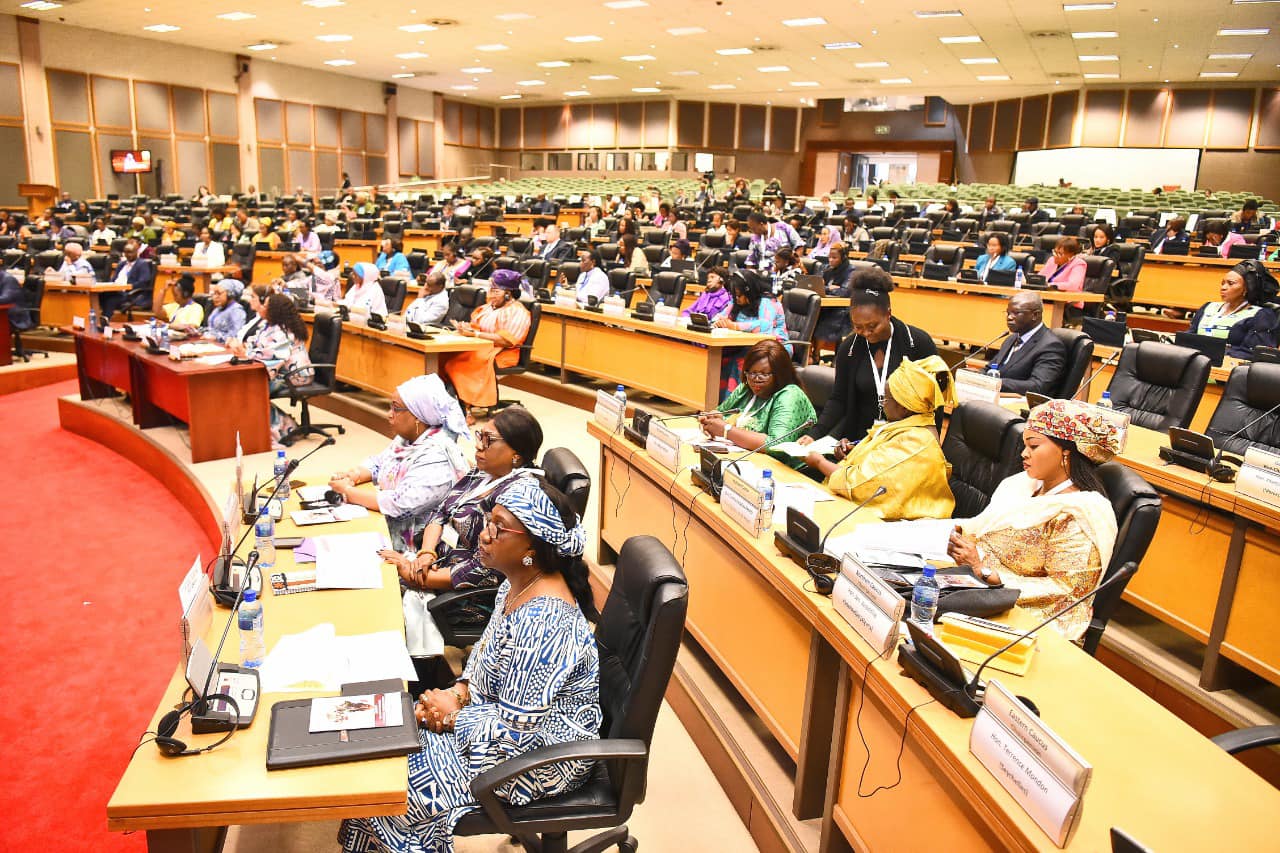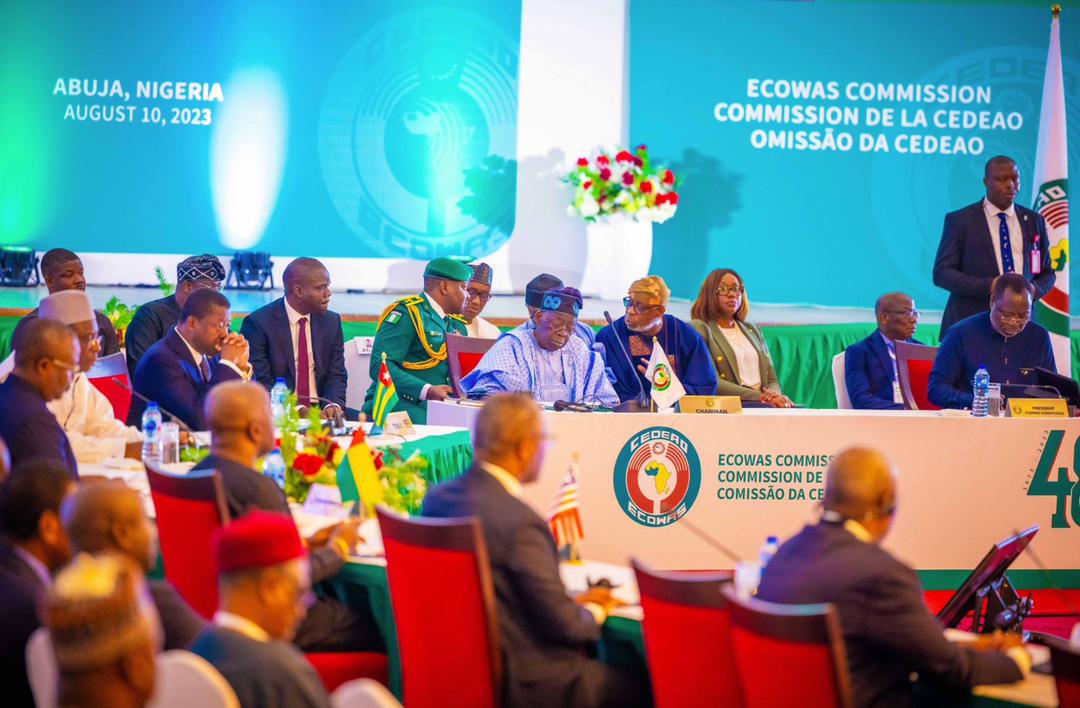Artificial Intelligence (AI) is advancing at an extraordinary pace, prompting global calls for comprehensive regulatory frameworks. While there is broad agreement on the potential dangers of unregulated AI, overly restrictive regulations could also hinder innovation and limit a country’s ability to thrive in the competitive AI landscape. Thus, it is essential for governments to strike a careful balance between fostering AI development and establishing sound regulatory mechanisms.
Across Africa, countries are responding to this challenge in varying ways. Some have begun to roll out national AI strategies, others are still engaging stakeholders through consultations, and a number remain undecided or inactive on the matter.
In this context, legal experts Shahid Sulaiman, Davin Olën, and Monique Bezuidenhout from Dentons explore how African nations are approaching AI governance. Their analysis reflects a spectrum of engagement levels and considers these efforts within the broader framework of the African Union’s draft AI policy.
The African Union’s Draft AI Policy
The African Union (AU), representing 55 member states—including Morocco, which rejoined in 2017 after a long hiatus—has taken a leadership role in shaping the continent’s AI future. On February 29, 2024, the AU Development Agency released a draft policy designed to guide member states in establishing AI governance systems.
This draft policy promotes the development of industry-specific standards, regulatory institutions, and national AI councils. It aims to support member states that have yet to establish AI policies by offering a foundational framework, while encouraging those with existing strategies to align with AU guidelines. Official adoption of this policy is anticipated during the 2025 AU summit in Ethiopia.
Country Approaches: From Pioneers to Emerging Players
Mauritius
Mauritius emerged as a trailblazer in African AI regulation with the release of its National AI Strategy in 2018. Spearheaded by the Mauritius Working Group on AI, the strategy emphasizes the integration of AI into the national economy, targeting sustainable growth, innovation, and
enhanced quality of life. It also outlines a vision for medium- and long-term AI development as a key pillar of the country’s economic strategy.
Kenya
Kenya quickly followed, forming the Distributed Ledgers Technology and AI Task Force in 2018. The Task Force’s 2019 report emphasized Kenya’s potential as a global tech hub and encouraged investment in infrastructure and AI talent. The government’s National Digital Master Plan (2022–2032) builds on this momentum, laying out actionable steps for AI integration and international collaboration, including through initiatives like the FAIR Forward program in partnership with GIZ and the EU.
Egypt
Egypt’s phased approach, led by the National Council for Artificial Intelligence, initially focuses on establishing international cooperation and partnerships. The first phase aims to position Egypt as a regional AI hub, while the upcoming second phase will prioritize domestic AI capacity-building, public engagement, and strategic investment.
South Africa
Although South Africa has yet to adopt a formal AI policy, it has seen significant AI uptake in the private sector. In response, the Department of Communications and Digital Technology released a discussion paper in 2024 to guide future legislation. Currently, AI-related activities are governed under general laws like the Protection of Personal Information Act (POPIA) and the Consumer Protection Act. South Africa is also investing in AI research through institutions like the Centre for Artificial Intelligence Research (CAIR) and the AI Institute of South Africa.
Nigeria
Similar to South Africa, Nigeria relies on general legislation such as the Nigeria Data Protection Act to oversee AI activities. However, progress is underway. The Federal Ministry of Communications and Digital Economy has tasked the National Information Technology Development Agency (NITDA) with crafting a national AI policy. Since 2022, several white papers and expert workshops have been held to refine this policy, signaling Nigeria’s increasing commitment to AI governance.
Morocco
Despite growing AI-related infrastructure and research efforts, Morocco remains without a formal AI regulatory framework. Its current laws focus primarily on data protection. Nonetheless, a private initiative—MoroccoAI—issued proposals for a national AI strategy in 2023, although the government has yet to act on them.
The Road Ahead: Balancing Innovation and Responsibility
From early adopters like Mauritius and Kenya to countries in consultation phases like Nigeria and South Africa, and others still developing their frameworks, African nations are
demonstrating varied levels of engagement with AI regulation. Encouragingly, many are investing in education, research, and international partnerships to build their AI ecosystems.
For example, Kenya has introduced coding into its primary and secondary school curricula, while South African universities actively host AI conferences and research initiatives. However, regulation is not always keeping pace with technological advancement, raising the risk that safeguards may only be implemented after problems emerge.
The AU’s draft policy offers a unique opportunity. Once adopted, it could provide a unified approach and empower African nations to leap ahead in regulating AI—ensuring both innovation and protection are pursued in tandem.




